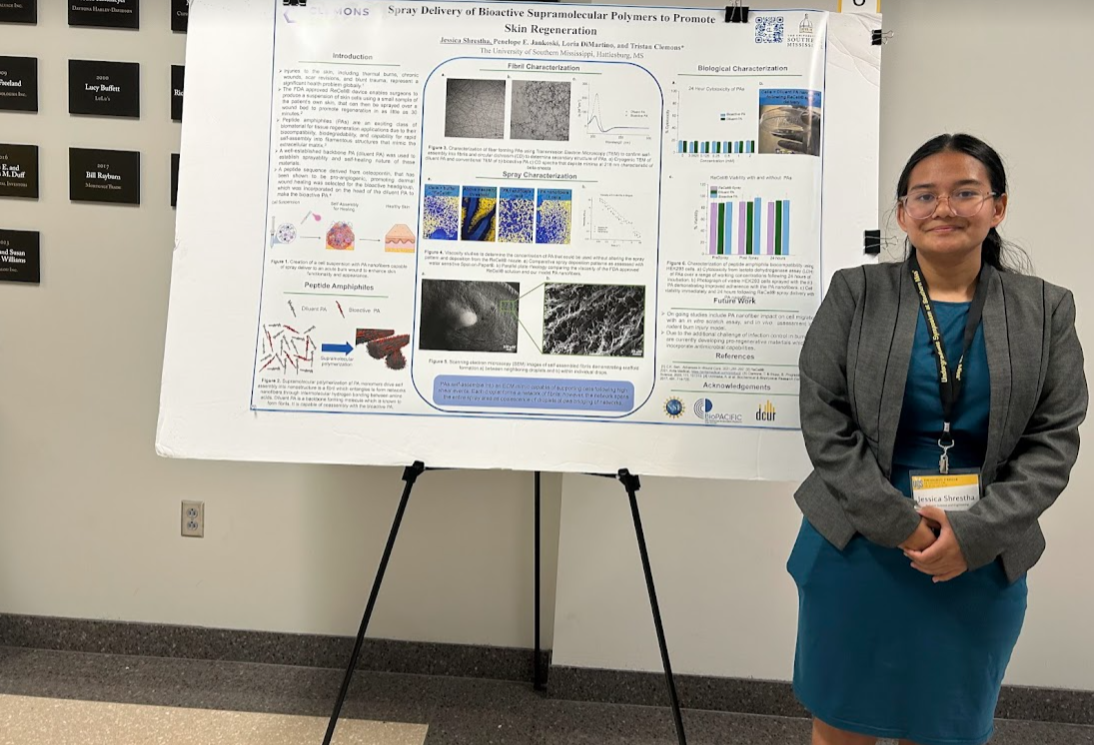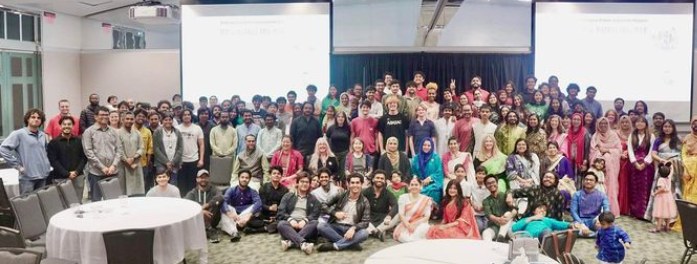From Feb. 24 until March 1, the National Eating Disorders Association hosted an eating disorders awareness week. The National Eating Disorder Awareness Week’s theme this year was “Come as You are: Hindsight is 20/20.”
According to NEDA, eating disorders are serious but treatable mental and physical illnesses that can affect all people. National surveys show that 20 million women and 10 million men in America will have an eating disorder at some point in their life.
Chelsea Kronengold, the communications manager for NEDA, said the goal of NEDAwareness Week is to shine the spotlight on eating disorders and put life-saving resources into the hands of those in need.
“Our goal is to raise awareness, bust myths, highlight unique stories, get people screened and point people to support and resources,” Kronengold said.
Kronengold said there are many myths and misconceptions about eating disorders. One common misconception is that eating disorders are a fad, phase or choice.
“Several decades of genetic research show that biological factors play a significant role in who develops an eating disorder,” Kronengold said. “Furthermore, eating disorders were once thought to affect only a narrow portion of the population in the teens and early twenties, but we now know they affect people of every age, race and gender.”
Risk factors for eating disorders range from biological, psychological and sociocultural issues. One of these issues is a form of perfectionism called self-perfectionism, which involves setting an unrealistically high expectation for oneself.
“Most young people will compare themselves to others both in their day-to-day life and on social media,” Kronengold said. “It is important to remember that people typically post their highlight reel on social media consisting of their best photos and most exciting adventures.”
Michelle Brazeal, Ph.D., is an assistant professor in social work at Southern Miss with an area of expertise in adolescent disruptive behaviors. Brazeal said eating disorders typically begin in adolescence or early adulthood, but can develop in younger children.
“Eating disorders are more common in adolescence and early adulthood, but no age is immune,” Brazeal said. “If you suspect someone may have an eating disorder, you should encourage them to seek help regardless of age.”
Kayla Johnson is the health educator and promotions coordinator at the Moffitt Health Center at Southern Miss. Both Johnson and Kronengold agreed that eating disorders are seen in both men and women.
“Eating disorders are not something that affects women, [eating disorders] are diagnosed in men and non-binary individuals as well,” Johnson said. “While they are more prominent in women, anyone can be affected by an eating disorder.”
Kronengold said about one in three people struggling with an eating disorder is male while subclinical eating disorder behaviors are nearly as common among men as they are among women.
According to NEDA, recovery from an eating disorder can take a long period of time and requires a lot of support. Johnson said even when signs and symptoms are noticeably present, it can still be a difficult topic to approach with friends and family.
“Prevention methods may include working together to reduce negative risk factors or increasing protective factors,” Johnson said. “If you are struggling with the pressures of achieving what you see in media, limit your screen time and be mindful to select media that builds your self-esteem.”
The National Eating Disorders Helpline can be reached at 800-931-2237. The NEDA website, www.nationaleatingdisorders.org, has information and resources for support systems and individuals who may be struggling with an eating disorder. Crisis support is also available via text message by texting ‘NEDA’ to 741741.
































